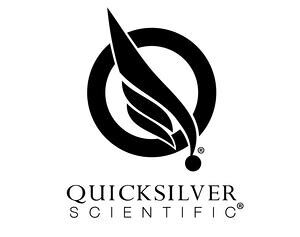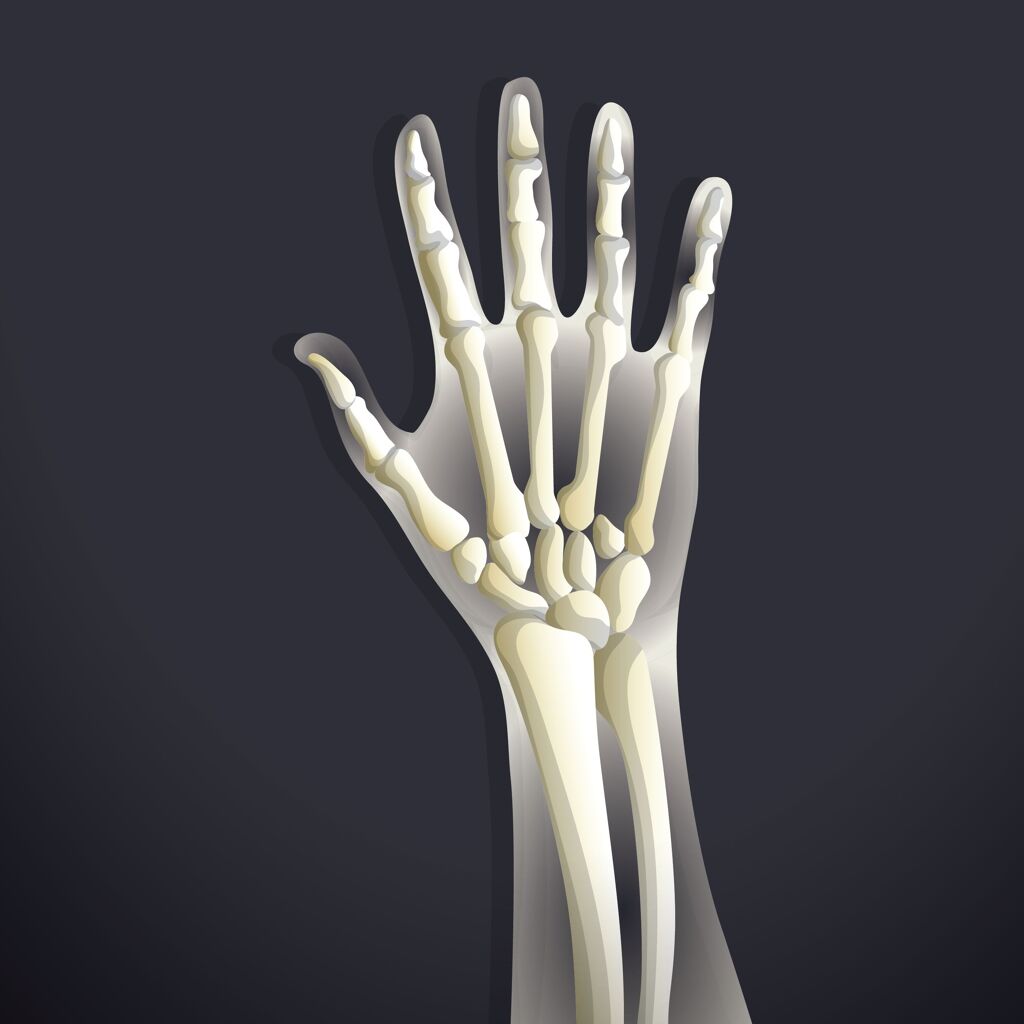Could Your Migraines be Caused by a Magnesium Deficiency?

Introduction
Magnesium is a mineral found abundantly in the body, and naturally occurring in many foods. It is essential for the activity of over 300 enzyme systems responsible for various chemical reactions in the body. These reactions include muscle and nerve function, blood pressure regulation & glucose control and protein synthesis. Magnesium is also necessary for the synthesis of DNA and DNA, glutathione, energy production, glycolysis and oxidative phosphorylation. A migraine causes a severe throbbing or pulsating sensation on one side of the head. It is usually extremely painful and is accompanied by sensitivity to light, nausea and vomiting. Studies have shown a direct link between Magnesium deficiency and the occurrence of migraines.
Migraines
Migraine attacks are very uncomfortable pain lasting anything between 4 and 72 hours. The pain from migraines is so intense some patients describe it as disabling. The number of people experiencing migraines has been on the rise, with as many as 37 million Americans reporting attacks in 2015 (Mauskop & Burton, 2009). Migraines are slowly becoming a leading cause of absenteeism in the workplace.
Migraines could be due to environmental factors, gender, genetic predisposition or lifestyle. Since the root cause of migraine disease is an inflammation, Magnesium’s anti-inflammatory properties can help in the management of migraines.
Migraines and Magnesium Deficiency
Several studies have shown that those who suffer from migraines have depleted levels of Magnesium in their bodies and brain. This could be due to the reduced ability to absorb magnesium (genetically inherited), wasting of magnesium in the kidney, stress that leads to excessive excretion of magnesium, and low nutritional intake. To understand the role of Magnesium in the management of migraines, we’ll explore how migraines occur.
Migraine headaches occur after a series of physiological reactions in the nervous system (Mauskop et al, 2013). During a migraine, the brain stem is stimulated to transmit a set of impulses to the meninges region surrounding the brain. These signals then trigger the release of various brain chemicals (such as neurokinin A and substance P) into the meningeal tissue, resulting in the dilation of blood vessels, creating inflammation.
Signs of Magnesium Deficiency
Signs of low magnesium will manifest in various body systems, here are the classic physical signs.
Neurological:
- Behavioral disturbances
- Irritability and anxiety
- Lethargy
- Impaired memory and cognitive function
- Anorexia or loss of appetite
- Nausea and vomiting
- Seizures
Muscular:
- Weakness
- Muscle spasms (tetany)
- Tics
- Muscle cramps
- Hyperactive reflexes
- Impaired muscle coordination (ataxia)
- Involuntary eye movements and vertigo
- Difficulty swallowing
Metabolic:
- Increased intracellular calcium
- Hyperglycemia
- Calcium deficiency
- Potassium deficiency
Cardiovascular:
- Irregular or rapid heartbeat
- Coronary spasms
Among children:
- Growth retardation or “failure to thrive”
To Read About Blog Topic, Scroll Down
Want To Work With Our Clinic?
Do you have a chronic or mystery illness that no one has been able to help you with? Are you simply wanting to re-connect with a healthier version of yourself? It’s Time To Finally Feel Better!
Specific roles of Magnesium in Migraine Management
Being an essential cation, magnesium regulates various chemical reactions, some of which contribute to the development or reduction of migraines. Magnesium helps in the dilation of blood vessels, which reduces the constrictions that may cause migraines. Magnesium also regulates neurotransmitter action, whose imbalance may cause migraines. One such neurotransmitter is serotonin, which, besides being a mood stabiliser also plays a role in cranial vasoconstriction, and thus reduction of migraines (Humphrey, Patrick, et al, 2011).
Magnesium promotes the formation of less sticky platelets, preventing coagulation. This reduces the chance of a migraine resulting from small clots in the brain. Finally, magnesium plays a role in the relaxation of muscles, besides preventing the accumulation of lactic acid (Demirkaya, Şeref, et al, 2001). Cranial muscle tension coupled with lactic acid result in painful headaches.
Sources of Magnesium
Magnesium is essential for cellular health and biochemical activities in the anatomy. It is naturally abundant in a wide range of foods, however, clinically it has been proven that these natural sources of Magnesium do not supply the body with the recommended intake. In fact, according to a 2006 report from the World Health Organization an estimated 75% of the population on a healthy diet still experiences magnesium deficiency. Scientists advise that Magnesium intake be boosted by use of supplements.
- Take 400-1,000mg of magnesium supplements
- Try to include magnesium-rich foods in your diet, like kelp, dark leafy greens, nuts, avocados, wheat bran, and beans
- Soak in a bath filled with Epson salts
Let us look at our options for magnesium supplementation/therapy that is most commonly recommended, oral, transdermal, and injectable or IV.
Oral
- Magnesium Glycinate – general form, used for most people at deficiency level – 75% of the population.
- Magnesium-L-Threonate – for migraines and neurological issues, this form, is the only form shown to cross the blood-brain barrier
Transdermal
A clear benefit of transdermal magnesium is its potential to accelerate the process of magnesium replacement therapy. Transdermal (skin) magnesium therapy is highly advised as bath salts not only increase minerals in the body but also allow relaxation. The body only absorbs the amounts of Magnesium it needs through the skin.
- Epson Salts (bath flakes) – use this form, as a great way to relax and get some magnesium at the same time.
- Magnesium oil and lotion – quick and easy
Injectable or IV Magnesium
- Magnesium Sulfate – Although a less attractive option due to expense and time commitment, studies have shown that this option is extremely effective for minimizing or eliminating acute migraine attack.
Experts advise that injections should be delivered under the careful watch of a licensed healthcare practitioner so as not to use excessive or limited amounts.
Although this post has exhausted the current knowledge on Migraines, and use of Magnesium to regulate them, more research should be done on the root cause of the disease, and more effective ways to use magnesium.
Want help with your health? Book a free health evaluation call to see if you are a good fit for our clinic by clicking the button on the left below. If you are a clinician interested in advancing your training, please check out our online worldwide functional medicine training institute by clicking the button on the right below.
Book My Free Phone Health Evaluation Functional Medicine Certification for Clinicians
References
- Mauskop, Alexander, and Burton M. Altura. “Role of magnesium in the pathogenesis and treatment of migraines.” Clinical Neuroscience1 (2009): 24-27.
- Mauskop, A., et al. “Deficiency in serum ionized magnesium but not total magnesium in patients with migraines. Possible role of ICa2+/IMg2+ ratio.”Headache: The Journal of Head and Face Pain3 (2013): 135-138.
- Demirkaya, Şeref, et al. “Efficacy of intravenous magnesium sulfate in the treatment of acute migraine attacks.” Headache: The Journal of Head and Face Pain2 (2001): 171-177.
- Humphrey, Patrick, et al. “Serotonin and migraine.” Annals of the New York Academy of Sciences1 (2011): 587-598.
- Tucker, Katherine L., et al. “Potassium, magnesium, and fruit and vegetable intakes are associated with greater bone mineral density in elderly men and women.” The American journal of clinical nutrition4 (1999): 727-736.
- Corbo J, Esses D, Bijur PE, Iannaccone R, Gallagher EJ (2001) Randomized clinical trial of intravenous magnesium sulfate as an adjunctive medication for emergency department treatment of migraine headache. Ann Emerg Med 38:621–627
- Demirkaya, S., Vural, O., Dora, B., & Topçuoğlu, M. (2001b). Efficacy of intravenous magnesium sulfate in the treatment of acute migraine attacks. , 41(2), 171–7. Retrieved from https://www.ncbi.nlm.nih.gov/pubmed/11251702
- Slutsky, I., Abumaria, N., Wu, L.-J., Huang, C., Zhang, L., Li, B., … Liu, G. (2010). Enhancement of learning and memory by elevating brain magnesium. Neuron, 65(2), 165–177. doi:10.1016/j.neuron.2009.12.026
Are You Suffering From A Chronic Illness?
Does your current health situation look like this…
- Do you feel that you have tried many things and either nothing works, or the treatment does not hold?
- Have you been told that there is nothing that can be done to reverse your illness and you just need to manage symptoms?
- Does your illness impact your work, your family, your happiness and your social life?
We specialize in finding answers and solutions for complicated chronic illness when people feel like they have tried everything. If this sounds like you, book a free call with us to see if we are the right fit for your health goals.
Dr. Miles has spoken for the following organizations:


















Responses